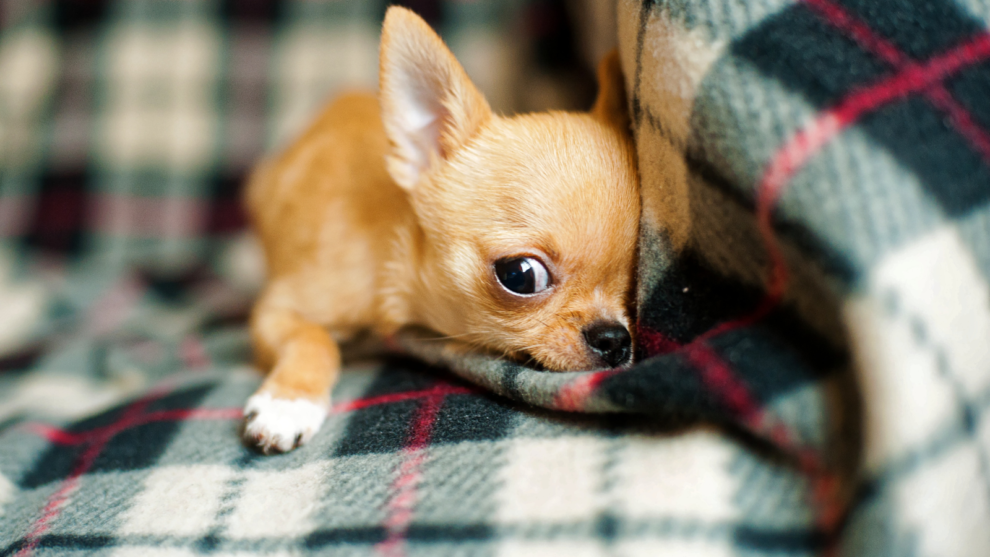Do you notice that your dog reacts jealously when another dog is nearby or even moves into the house? Jealousy in dogs is more common than many owners think. It often arises from insecurity or the fear of losing attention. This guide tells you how to recognize jealous behavior and how to make sure both dogs feel safe and seen.
How do you recognize jealous behavior in dogs?
A jealous dog often tries to get extra attention. He may stand between you and the other dog, barking, squealing or actually withdrawing. Sometimes you may see more subtle signals, such as blocking toys or ignoring commands. It is important to observe what behavior changes as soon as another dog is around.
Why dogs get jealous
Jealousy usually arises when a dog feels uncertain or threatened feels in his position within the family. This happens especially when a new dog arrives. Some dogs are more sensitive to such changes - especially if they have few socialization have had or carry negative experiences.
If you've recently welcomed a second dog, also read our guide on a second dog with your older dog for additional tips on a harmonious introduction.
What can you do in cases of jealous behavior?
Stay first and foremost calm and consistent. Give each dog its own attention, play time and rest periods. Reward desired behavior - for example, when the jealous dog stays calm while you pet the other. Don't force anything: trust grows only when both dogs feel safe.
Avoid situations where they have to compete for attention or food. Give food and toys in separate places and observe how they react to each other. If tension persists, a short period of time with an experienced pet sitter at home help restore calm and structure.
Equal attention and positive associations
Dogs learn through repetition and association. Let them experience that being together means something positive. Reward both dogs when they interact calmly, and plan short, shared walks. Again, keep situations simple and predictable.
Want to learn more about building trust? Find out how assistance dogs Develop strong social bonds through patience and empathy.
When extra help is needed
Sometimes professional counseling is helpful, such as when there is aggression or prolonged tension. A behavior therapist can help restore trust between the two dogs. Remember that jealousy is usually not a sign of stubbornness, but of insecurity. With patience, structure and love, dogs can learn to trust each other again.








